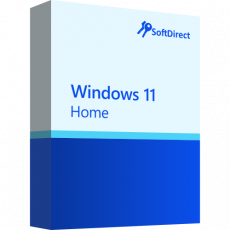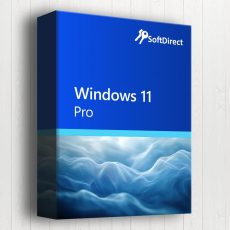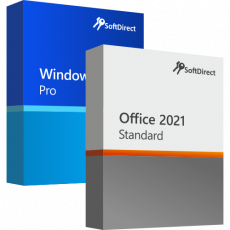Windows 11 is the latest operating system from Microsoft, offering a range of new features that improve user experience and performance. However, Windows 11 has not yet been able to compete with Windows 10, which remains the most popular operating system in the world.
A According to Statcounter's latest measurements Windows 10 is still the most popular operating system in the world, but Windows 11 is gradually increasing its share. Windows 11, which will be released in October 2022, will offer a number of new features to improve user experience and performance. Let's take a look at what's new in Windows 11 and why it's slow to catch on with users.
Source: StatCounter Global Stats - Windows Version Market Share
Why is Windows 11 spreading slowly?
According to Statcounter data, Windows 10 still leads the operating system market by far. In September, Windows 10 had a 71.62% share, while Windows 11 had only 23.64%. There are several reasons for this:
- Compatibility: Windows 11 does not run on all computers. Microsoft has defined certain hardware requirements that a computer must meet in order to upgrade to Windows 11. These include, for example, a TPM 2.0 chip, a 1 GHz or faster processor, 4 GB of RAM, and 64 GB or more of storage. Many older or lower-end computers do not meet these requirements and will not be able to install Windows 11.
- Habit: Many users are happy with Windows 10 and do not want to switch to a new operating system that looks and works differently. Windows 10 is a stable, secure and well-known operating system that many people have come to know and love. And upgrading to Windows 11 takes time and effort that not everyone wants to invest.
- Exit: Windows 11 is still a relatively new operating system and may have bugs, shortcomings or compatibility issues. Microsoft is constantly improving and updating Windows 11, but many users may wait until the system is more perfect and reliable.
New features in Windows 11
Microsoft is still very confident in the success of the new operating system, so they have built a lot of new features into Windows 11:
- Artificial intelligence: Windows 11 takes advantage of artificial intelligence (AI) to help users search, create content and learn. Bing Chat, an AI-based search assistant that answers questions, makes suggestions and generates text, is available in Windows 11. And Bing Image Creator lets you convert images into text or vice versa. The Windows 11's Snap Assist and Snap Layouts, which controls the layout of screens, also use AI to optimise the size and position of windows.
- New design: The Windows 11 has a new look that is cleaner, more modern and more elegant. The icons on the taskbar have been moved to the centre, the windows have rounded corners, the notification centre and action centre have been redesigned, and new theme and wallpaper options are available.
- Chat from Microsoft Teams: Windows 11 has integrated Microsoft Teams, which allows you to easily connect with family, friends and colleagues. With the Chat from Microsoft Teams feature, you can reach anyone (for free) in any way you want (call, chat, text, video), directly from your desktop.
- Table groups: Windows 11 allows you to create and arrange multiple desktops for different tasks, projects or moods. With custom backgrounds and labels, you can create a separate desk space for each area of your life.
- DirectStorage: DirectStorage is a new technology that results in faster load times and more detailed game worlds. With a powerful NVMe SSD and the right drivers, the Windows 11 will soon load new games faster than ever.
- Microsoft Store: The Microsoft Store has been redesigned so you can find the apps, movies and shows you love faster. And the new Windows 11 Store offers a wider range of apps.





